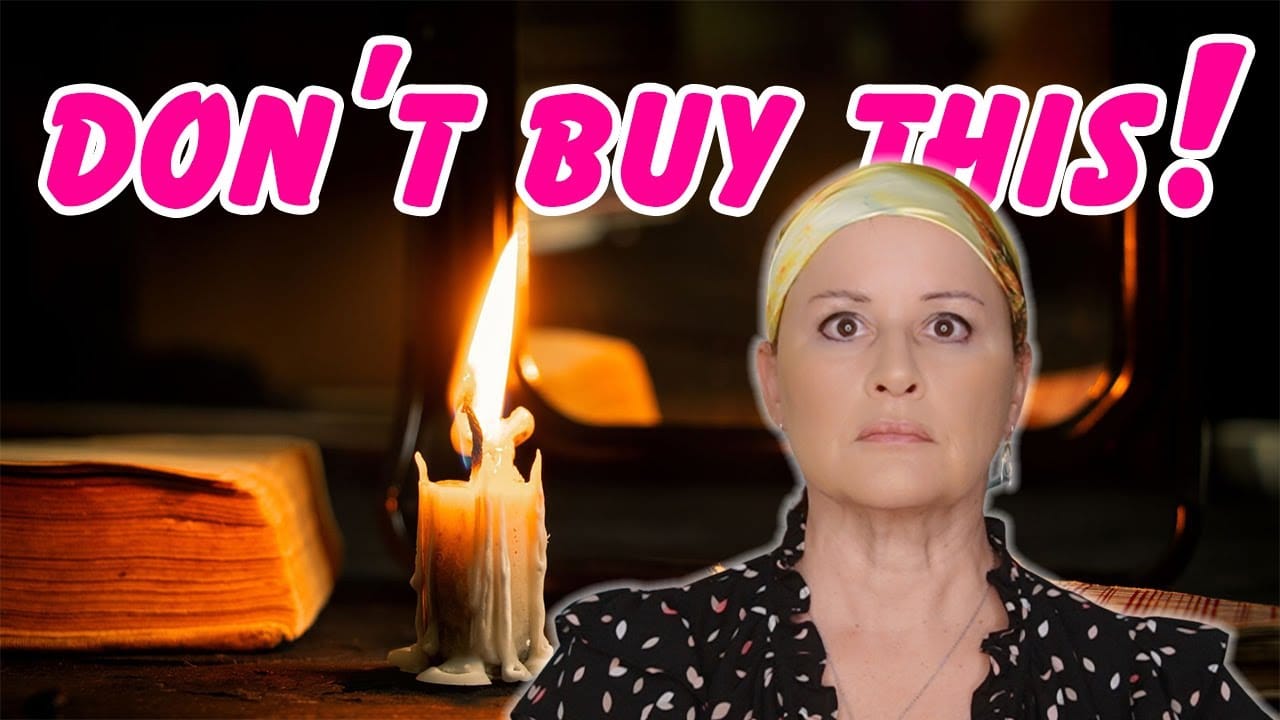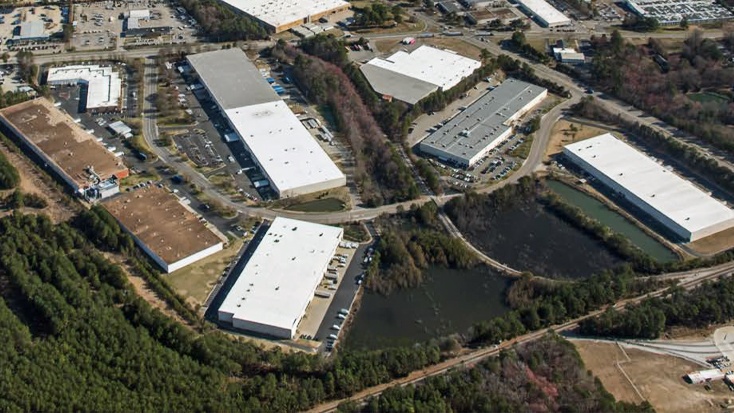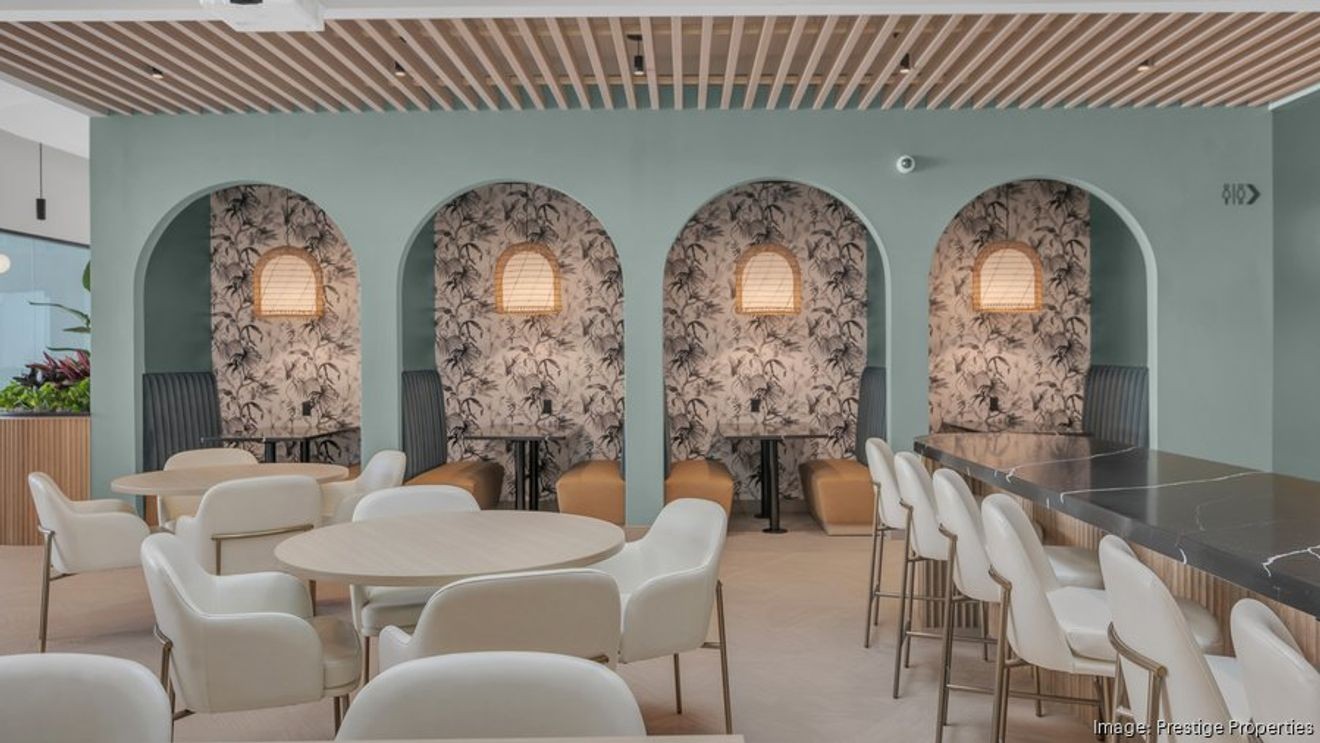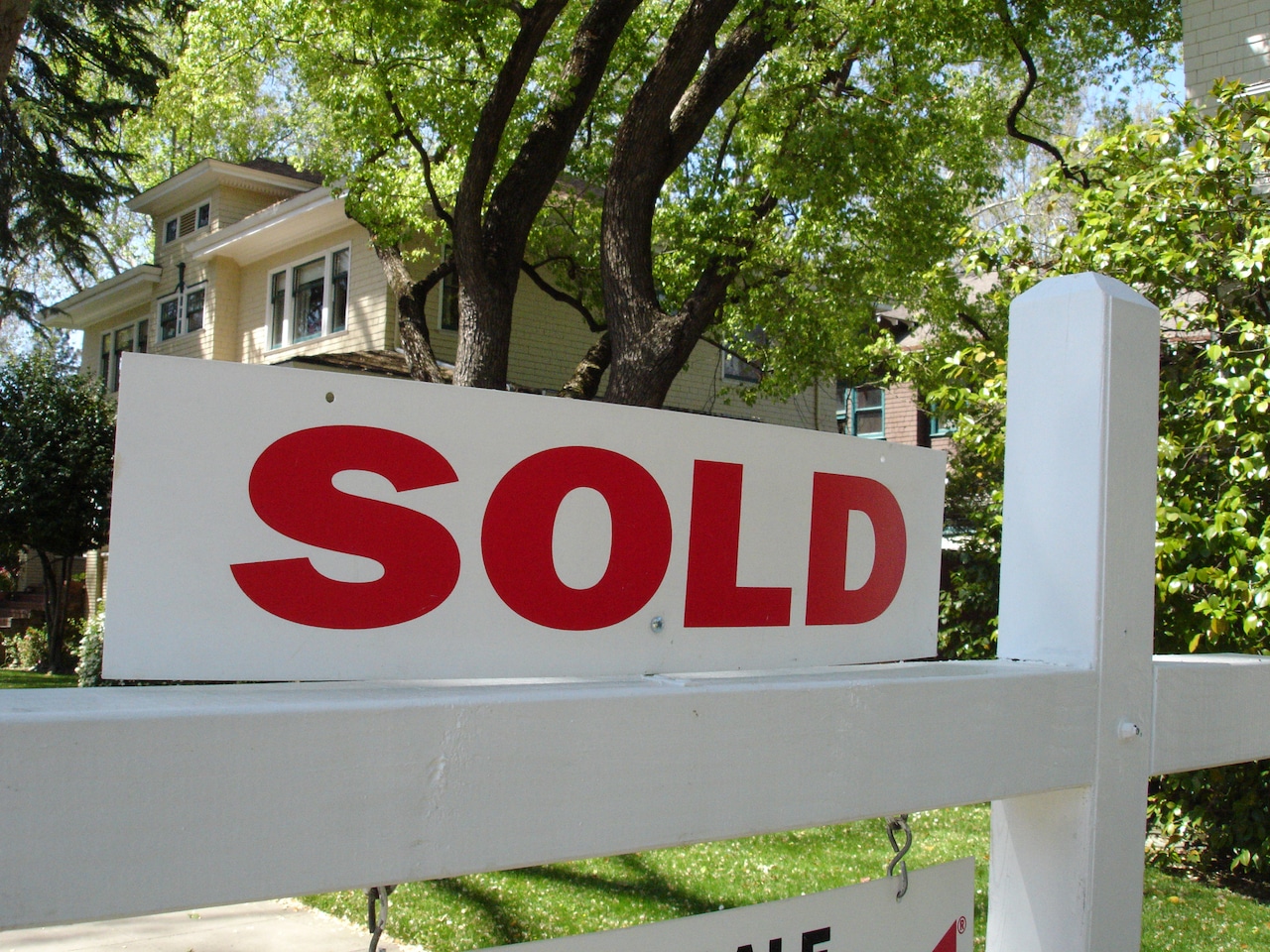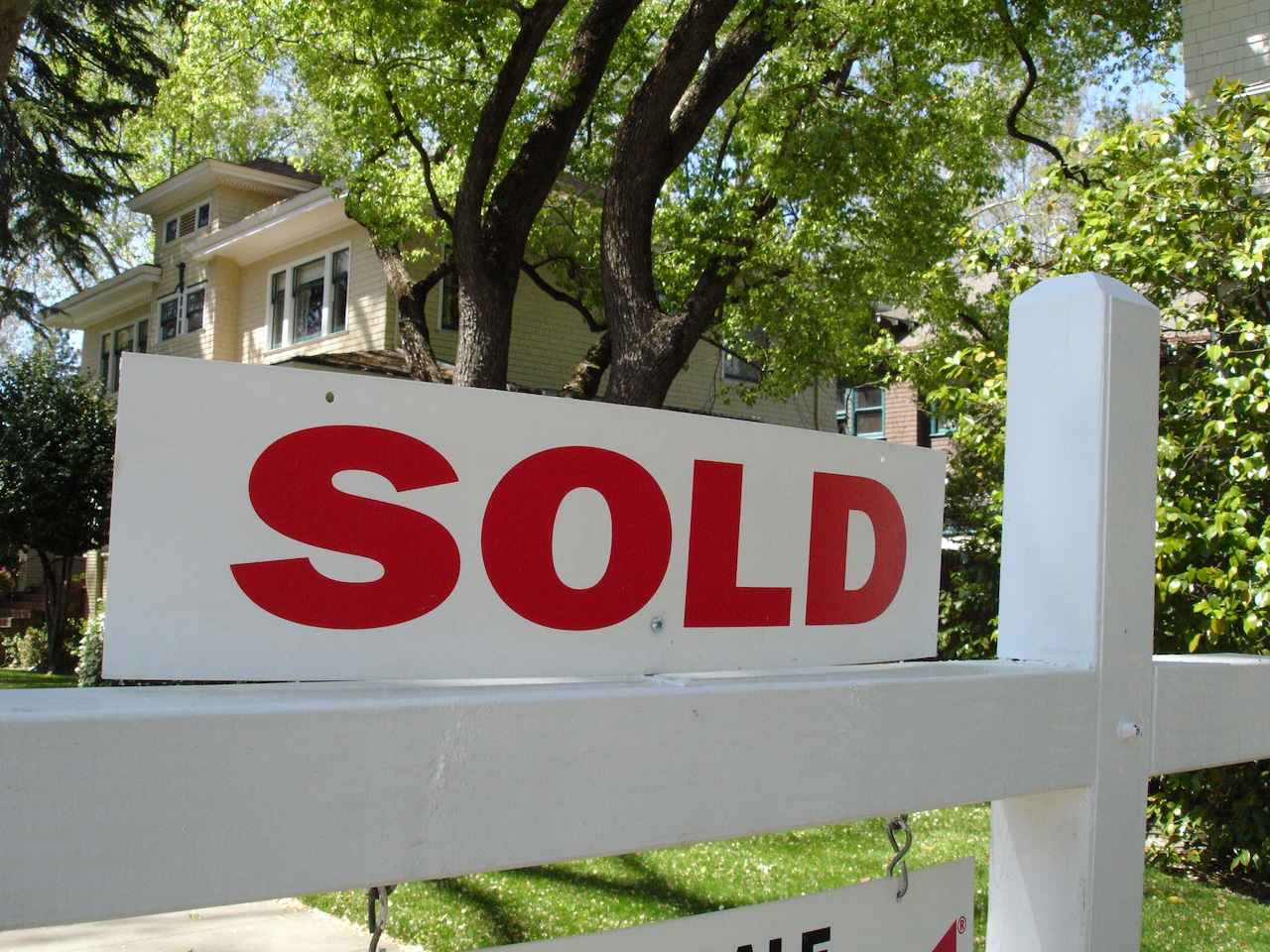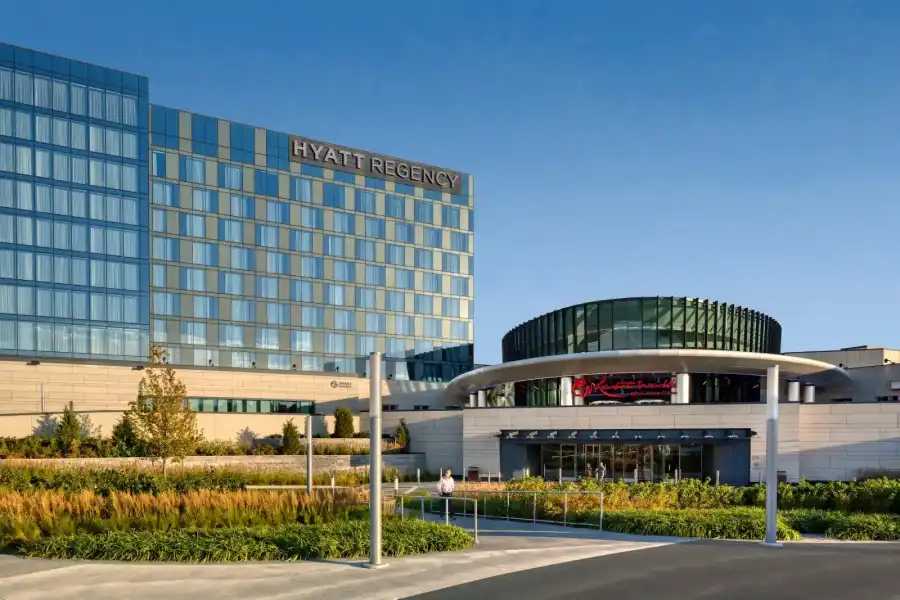H
ere's the rewritten text:
Seven Homes You Should Never Buy (or at Least Approach with Caution)
As a seasoned homeowner and real estate expert, I've compiled a list of seven types of homes that you should think twice about buying. From insurance nightmares to poorly constructed properties, these houses can be costly and stressful to own.
A House with an Insurance Loss
If a home has ever had a claim paid out on it, chances are the insurance company won't touch it again. Even if the house is in perfect condition, insurers may view it as too high-risk. And if you think you can forego insurance, think again – your mortgage company will require you to have coverage.
Flips
Not all flippers are created equal. While some may do a great job renovating a home, others will cut corners and slap on cheap finishes. Look for uneven flooring, crooked backsplashes, and other signs of shoddy workmanship. And don't be afraid to check online permits to see if the seller has done their due diligence.
1980's Construction
The 1980s were a time of reckless construction, with developers building homes quickly and cheaply to make a profit. This led to issues like water intrusion and spalling, which can still plague homeowners today. If you're considering buying an 80s-era home, be prepared for costly repairs down the line.
A Rundown Rental House
Rental properties are often neglected by their owners, leading to maintenance issues and safety hazards. If a house has been used as a rental, it's essential to get multiple inspections and negotiate hard on major systems and big-ticket items.
Houses with Deferred Maintenance
Homes built between 2000-2010 often have original components that will eventually fail. Don't be surprised if you need to replace the roof, plumbing, electrical system, or HVAC within a few years of ownership. Spending a few hundred dollars on a home inspection can save you thousands in costly repairs down the line.
Wet Basement
If a house has ever had water in the basement, it's likely to continue being a problem. Don't be fooled by promises of regrading or waterproofing – these issues often require expensive and ongoing maintenance.
Stupid Yard
Avoid homes with yards that slope uphill towards the foundation. Water will always seek out the lowest spot, leading to costly repairs and a soggy backyard.
The One Home Type You Should Buy: The "Grandma Home"
Despite what other real estate experts may say, old homes can be amazing investments. Look for properties built in the 50s or 60s that have been well-maintained but not renovated. These homes often have solid construction, original hardwood floors, and charming features that are hard to find in new builds. With a little TLC, you can turn these gems into your dream home.
